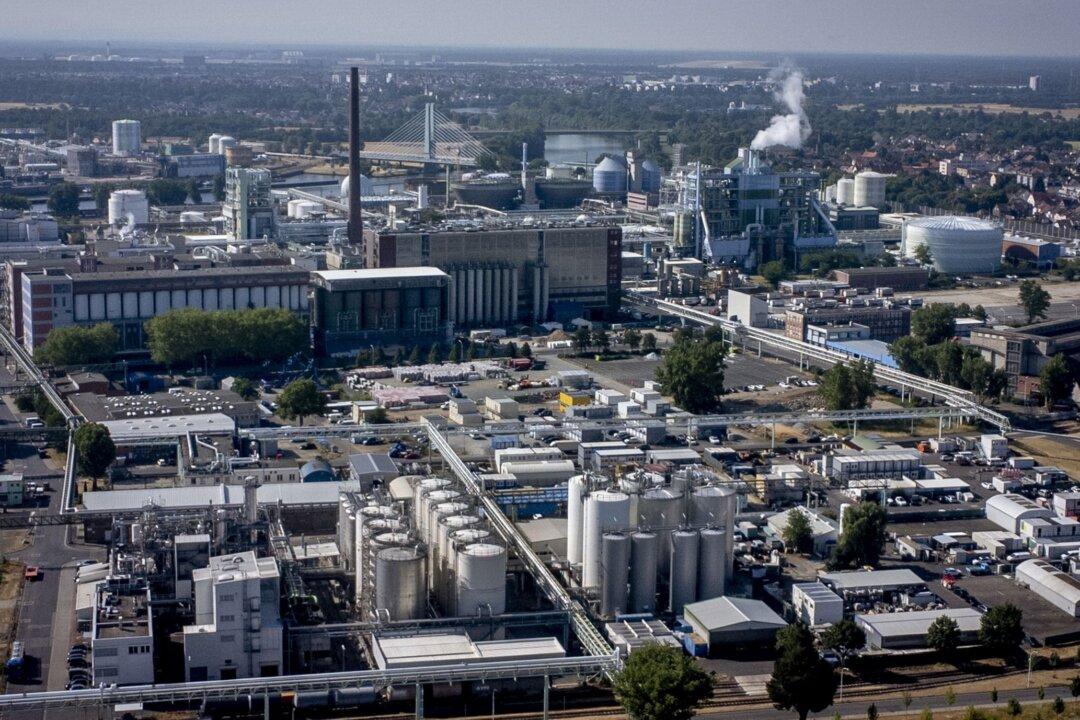Commentary
Russian expansionism is a reality, and the dimensions of Europe’s looming energy crisis are broader and deeper than European Union leaders anticipated when the Ukrainian invasion began in February.

Russian expansionism is a reality, and the dimensions of Europe’s looming energy crisis are broader and deeper than European Union leaders anticipated when the Ukrainian invasion began in February.